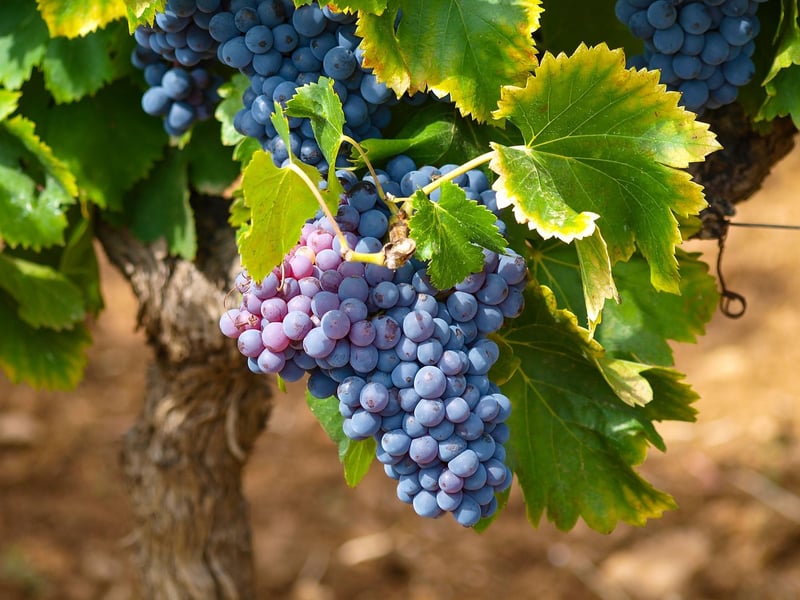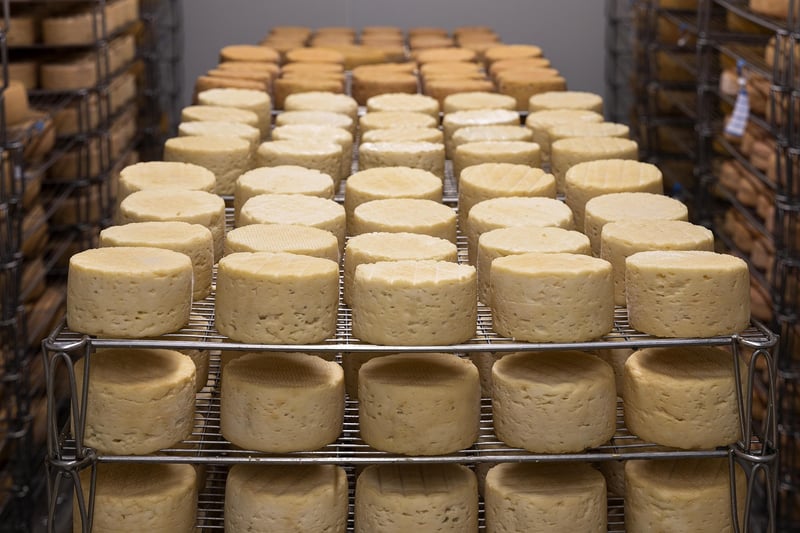Fermentation Skills
Mastering Advanced Methods + Fermentation Skills

Introduction
Welcome to the world of advanced fermentation techniques! Whether you are a seasoned fermenter or just starting out, mastering advanced methods can take your skills to the next level. In this guide, we will explore some advanced methods and fermentation skills that will elevate your craft.
1. Controlled Fermentation
Controlled fermentation is essential for achieving consistent and high-quality results. By monitoring factors such as temperature, humidity, and time, you can create the perfect environment for your fermenting ingredients. This method allows you to fine-tune the flavor profile and texture of your final product.
2. Wild Fermentation
Wild fermentation involves harnessing the natural yeasts and bacteria present in the environment to ferment your ingredients. This method can result in unique and complex flavors that are influenced by the local microflora. Experimenting with wild fermentation can lead to exciting and unpredictable outcomes.
3. Secondary Fermentation
Secondary fermentation, also known as aging or conditioning, involves transferring the fermented product to a secondary vessel for further maturation. This step can enhance the flavor, aroma, and complexity of the final product. It is commonly used in brewing, winemaking, and cheese production.
4. Controlled Spoilage
Controlled spoilage is a technique where specific spoilage organisms are intentionally introduced during fermentation to create unique flavors. While it may sound counterintuitive, controlled spoilage can produce desirable characteristics in certain fermented foods and beverages, such as sour beers and funky cheeses.
5. Advanced Flavor Development
Mastering advanced flavor development involves understanding how different fermentation parameters affect the taste, aroma, and texture of the final product. Experimenting with ingredients, fermentation times, and aging conditions can help you create complex and well-balanced flavors that set your creations apart.
Conclusion
By mastering advanced fermentation methods and skills, you can unlock a world of creative possibilities in the culinary arts. Whether you are a home fermenter or a professional chef, experimenting with these techniques can elevate your creations to new heights. So roll up your sleeves, grab your fermentation vessels, and start exploring the exciting world of advanced fermentation!
Images source: Pixabay.com
